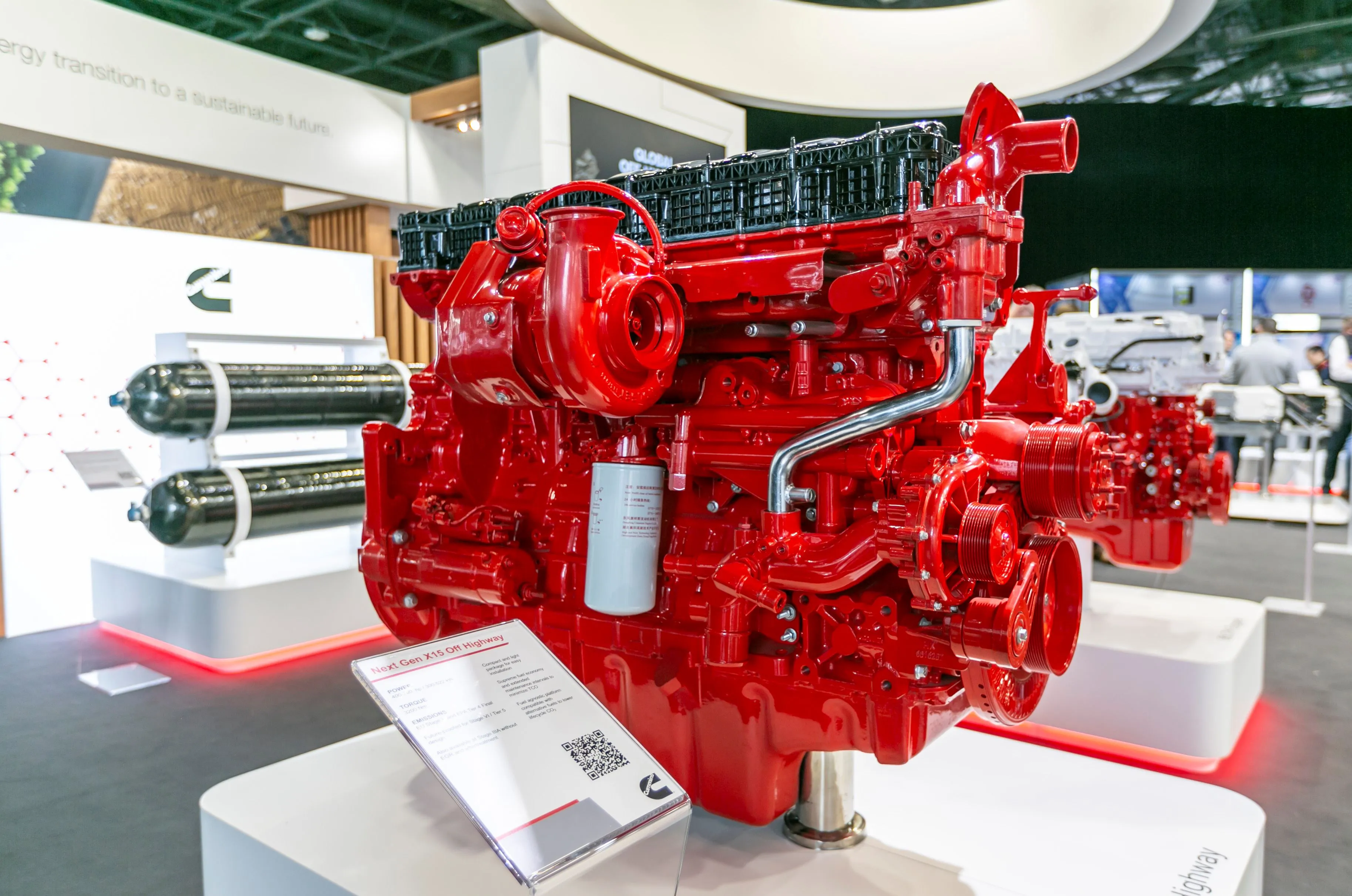Nissan says it sees enormous potential for electric vehicles in Mexico, with its Leaf electric car to be launched commercially during the third quarter of 2013. However, many experts reportedly doubt that it will sell 1,000 units in the country by 2018. The high price of electric vehicles is seen as a potential barrier to their growth in this market. The domestic market for vehicles in Mexico is expected to grow by between 5% and 6% in the next few years, or by about 60,000.
March 19, 2013
Read time: 1 min
Fuel emissions, oil prices and excessive dependence on oil, are seen by Nissan as a problem, hence why electric cars are part of their perceived future solution. Nissan Leaf models in Mexico are already being tested by taxi firms, some car rental agencies and celebrities.







